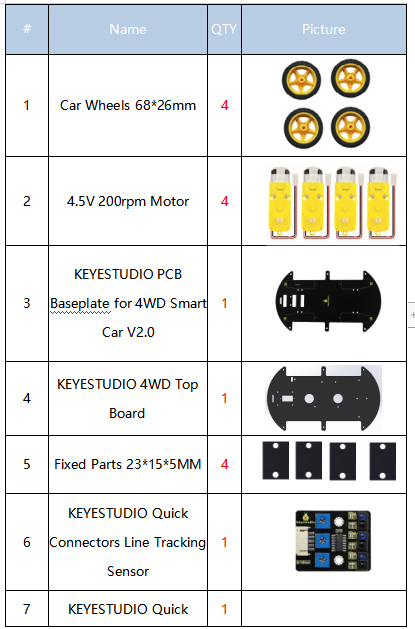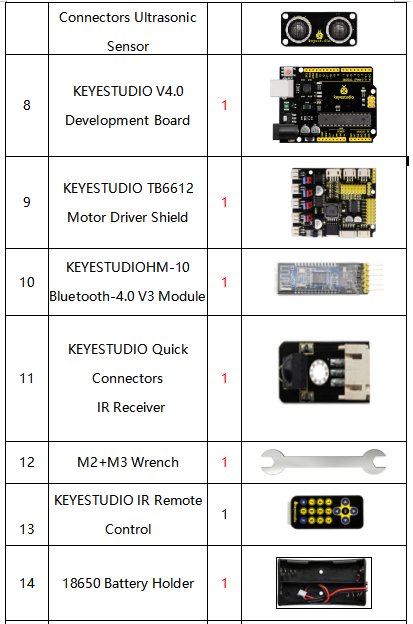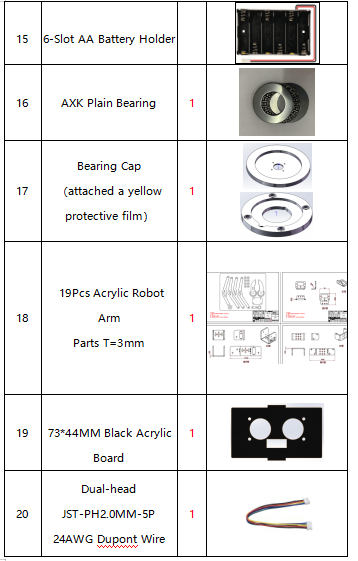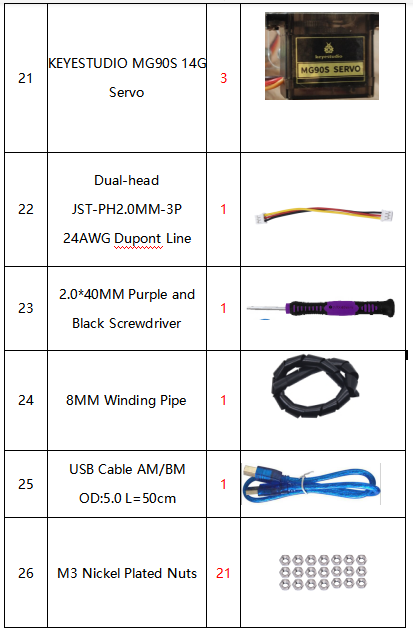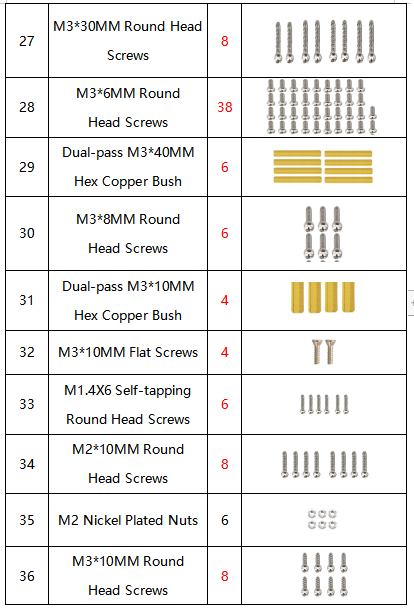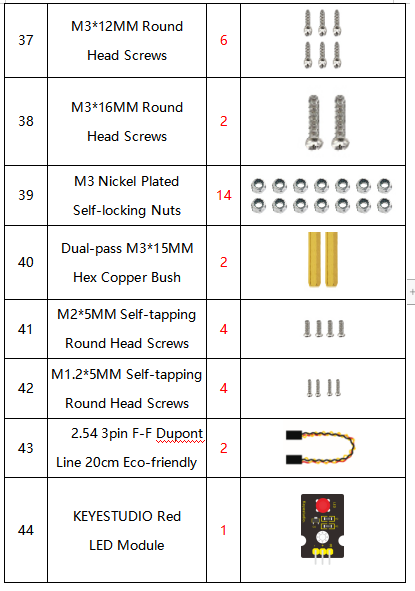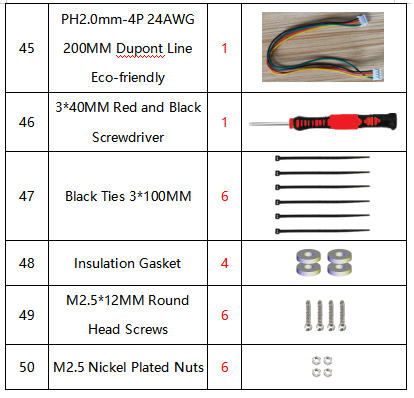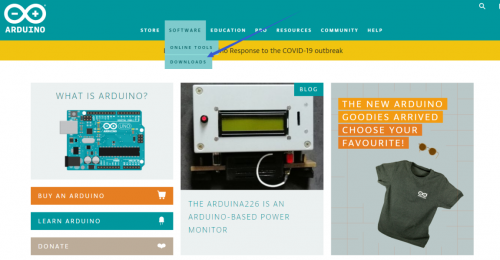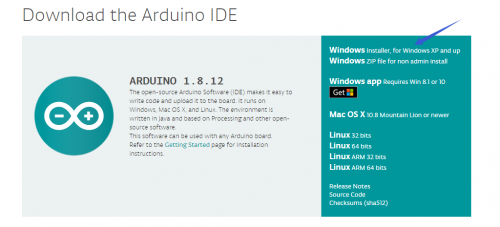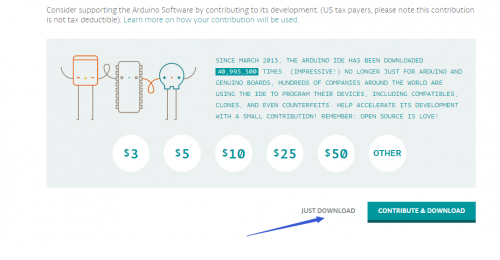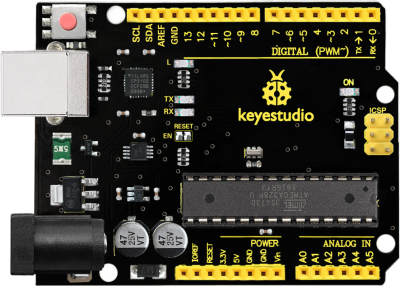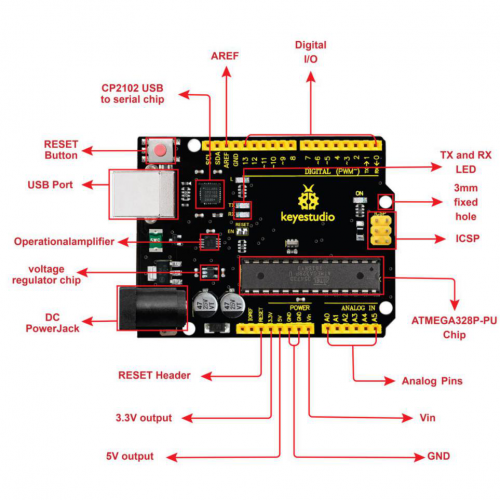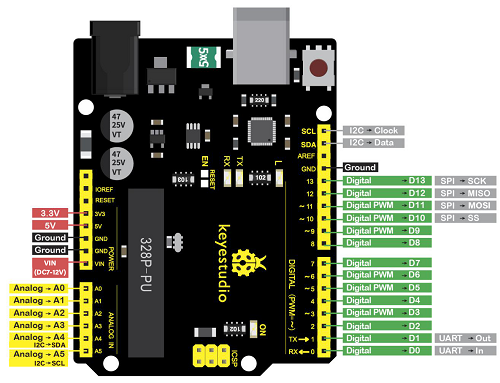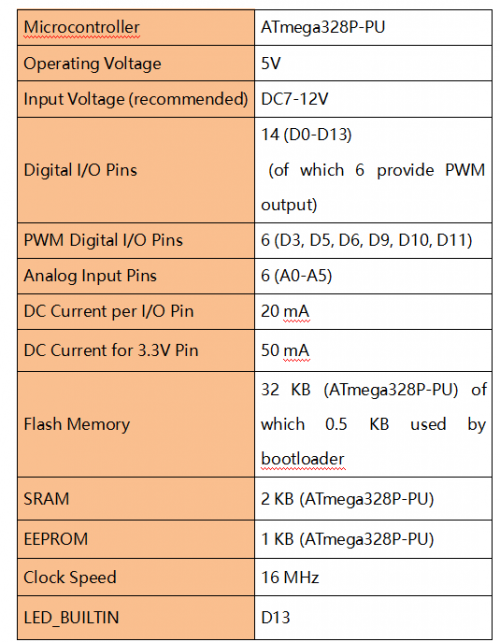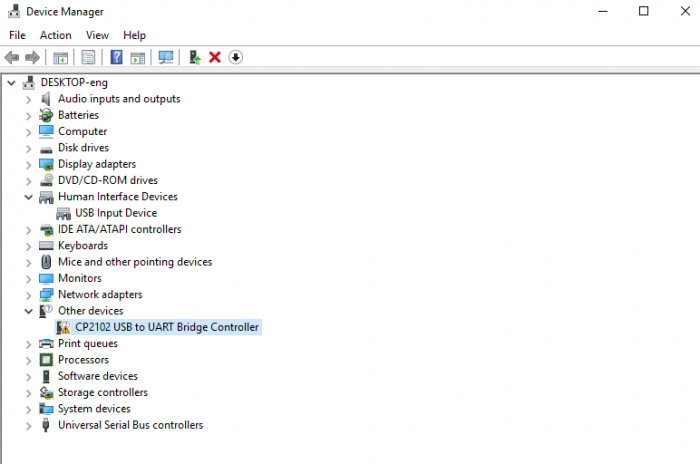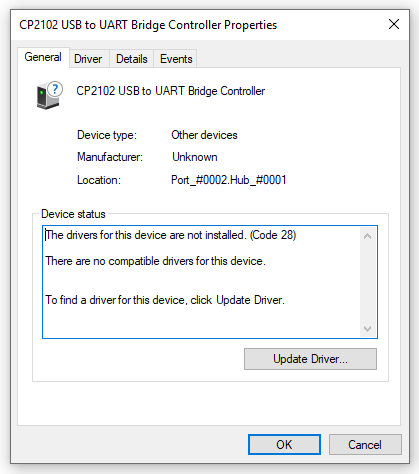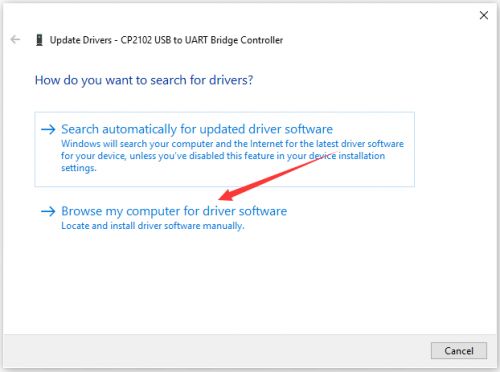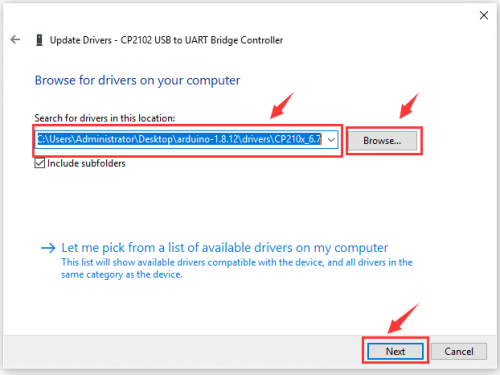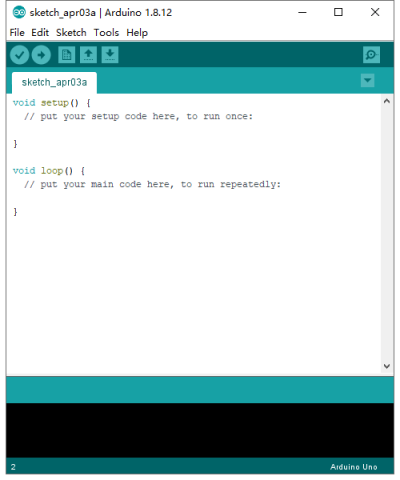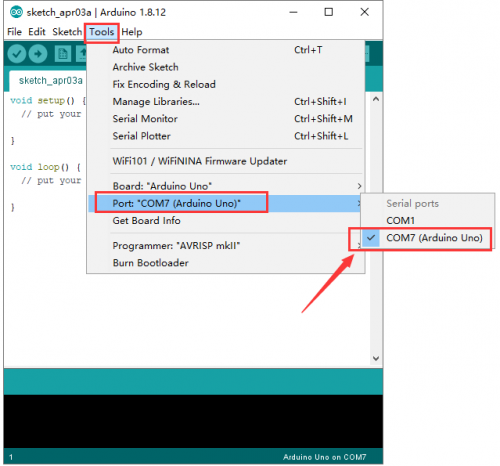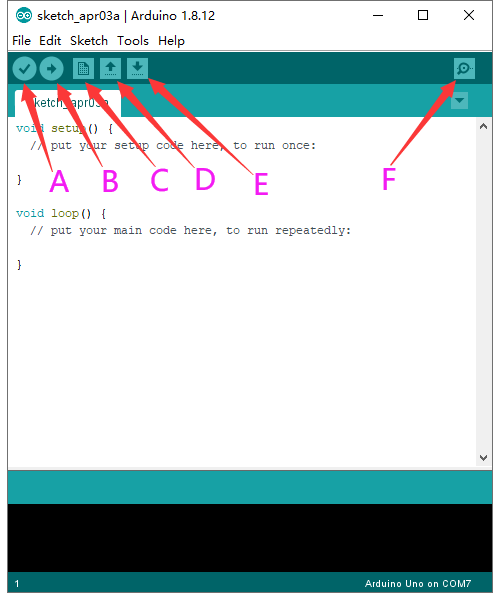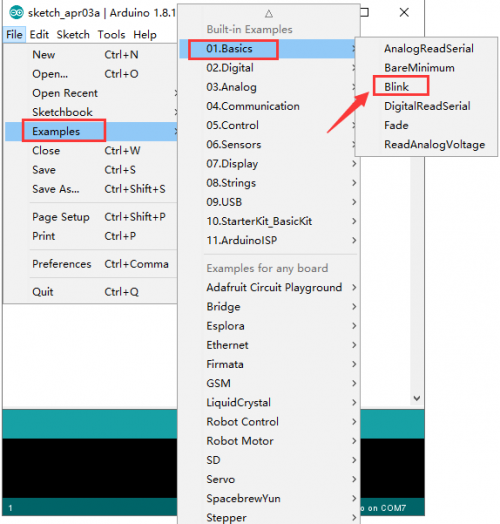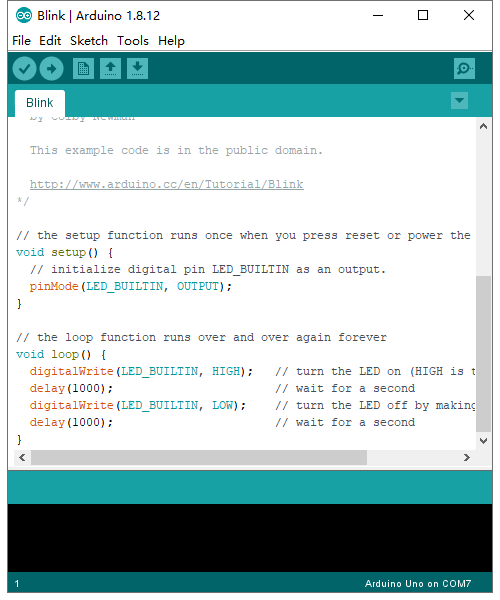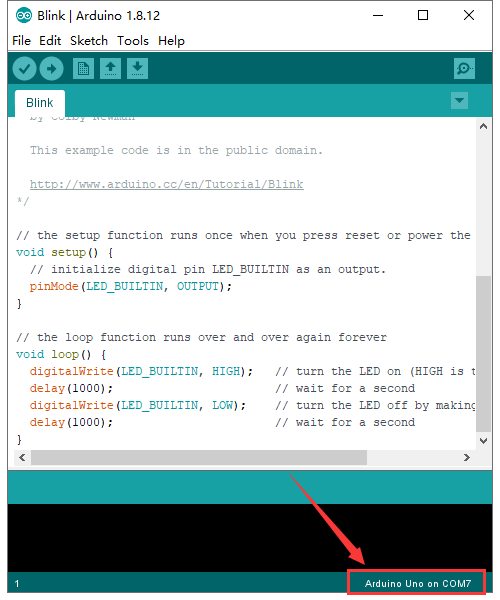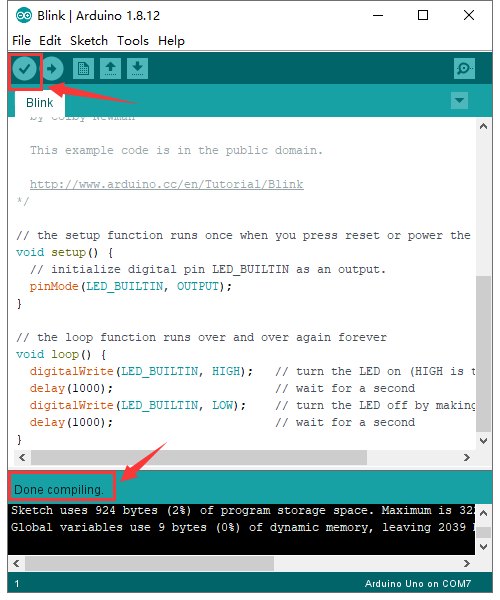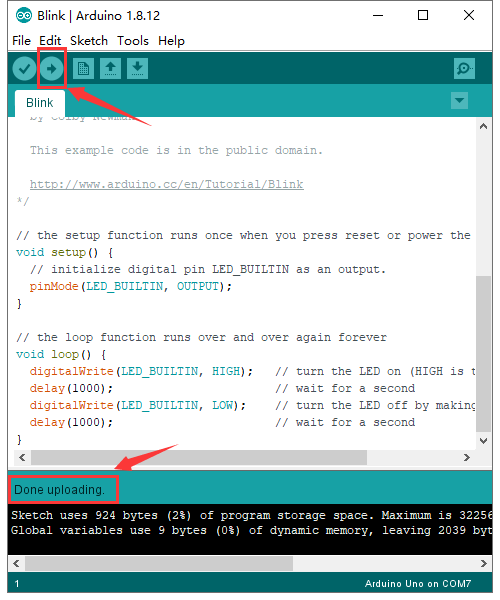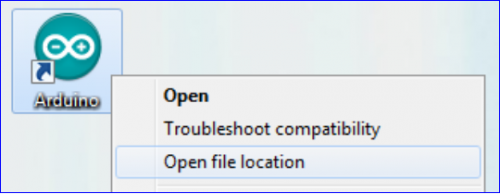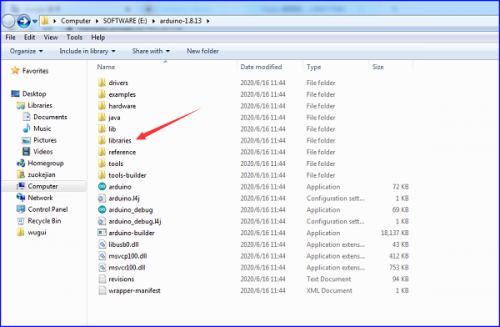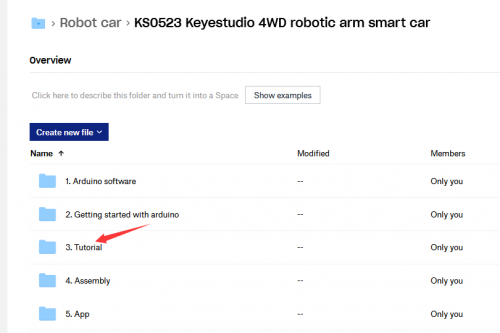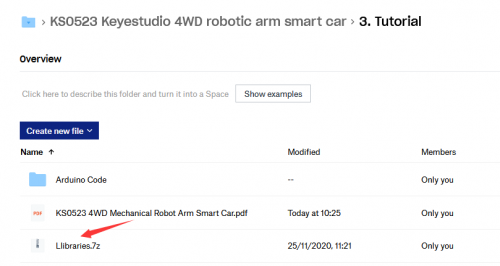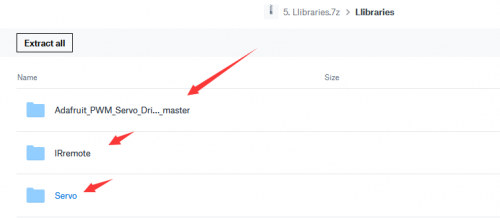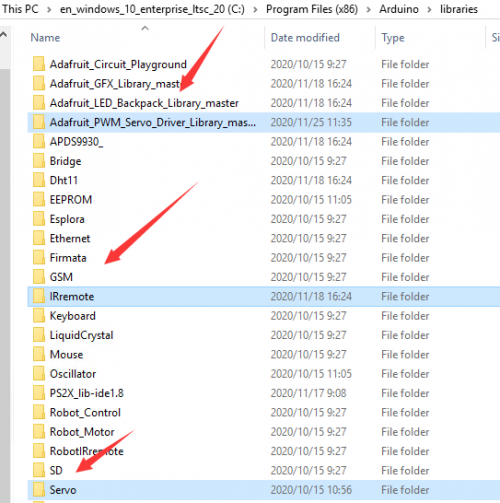KS0523 KEYESTUDIO 4WD Mechanical Robot Arm Smart Car: Difference between revisions
Keyestudio (talk | contribs) |
Keyestudio (talk | contribs) |
||
| (8 intermediate revisions by the same user not shown) | |||
| Line 2: | Line 2: | ||
== Description == | == Description == | ||
As science and technology develops by leaps and bounces, human society moves towards the intelligence and automation as well.<br> | |||
Our hands are weak and unresistant to ultra-cold and high temperature environment. Therefore, the mechanical arm can totally supplants our hands to work for people. <br> | |||
At present, KEYES group designs this kind smart mechanical arm car to tackle the clumsy and fixed shortcomings of most robot arms.<br> | |||
This mechanical smart car react and perform the corresponding function through the commands sent by cellphone. | |||
== Features == | == Features == | ||
Multi-purpose Function: Anti-fall, obstacle avoidance, follow, IR remote control, line tracking, automatic convey and so on.<br> | Multi-purpose Function: Anti-fall, obstacle avoidance, follow, IR remote control, line tracking, automatic convey and so on.<br> | ||
Easy to Build: no soldering circuit required.<br> | Easy to Build: no soldering circuit required.<br> | ||
High Tenacity: high performance car baseplate and metal mechanical arm | High Tenacity: high performance car baseplate and metal mechanical arm | ||
High Extension: expand other sensors and modules through motor driver shield.<br> | High Extension: expand other sensors and modules through motor driver shield.<br> | ||
Multiple Controls: | |||
Multiple Controls: IR remote control, full automatic and App control(iOS and Android system) | |||
Basic Programming:C language code learning.<br> | Basic Programming:C language code learning.<br> | ||
== Specification == | == Specification == | ||
| Line 34: | Line 38: | ||
[[Image:0523-1.png|800px|frameless]]<br> | [[Image:0523-1.png|800px|frameless]]<br> | ||
[[Image:0523-2.png|800px|frameless]]<br> | [[Image:0523-2.png|800px|frameless]]<br> | ||
[[Image: | [[Image:QQ图片20210713171111.png|900px|frameless]]<br> | ||
[[Image:0523-4.png|800px|frameless]]<br> | [[Image:0523-4.png|800px|frameless]]<br> | ||
[[Image:0523-5.png|800px|frameless]]<br> | [[Image:0523-5.png|800px|frameless]]<br> | ||
| Line 40: | Line 44: | ||
[[Image:0523-6.png|800px|frameless]]<br> | [[Image:0523-6.png|800px|frameless]]<br> | ||
[[Image:0523-7.png|800px|frameless]]<br> | [[Image:0523-7.png|800px|frameless]]<br> | ||
== Getting Started with Arduino == | == Getting Started with Arduino == | ||
| Line 161: | Line 163: | ||
(1)What are Libraries ? <br> | (1)What are Libraries ? <br> | ||
Libraries are a collection of code that makes it easy for you to connect to a sensor,display, module, etc. <br> | Libraries are a collection of code that makes it easy for you to connect to a sensor,display, module, etc. <br> | ||
For example, the built-in LiquidCrystal library helps talk to LCD displays. There are hundreds of additional libraries available on the Internet for download. <br> | For example, the built-in LiquidCrystal library helps talk to LCD displays. There are hundreds of additional libraries available on the Internet for download. <br>Step 2: Enter it to find out libraries folder, this folder is the library file of Arduino.<br> | ||
The built-in libraries and some of these additional libraries are listed in the reference. <br> | The built-in libraries and some of these additional libraries are listed in the reference. <br> | ||
(2)How to Install a Library ? <br> | (2)How to Install a Library ? <br> | ||
Here we will introduce the most simple way for you to add libraries . <br> | Here we will introduce the most simple way for you to add libraries . <br> | ||
| Line 170: | Line 173: | ||
<br>[[File:0085--200.png|500px|frameless|thumb]]<br> | <br>[[File:0085--200.png|500px|frameless|thumb]]<br> | ||
Step 2: Enter it to find out libraries folder, this folder is the library file of Arduino. | |||
<br>[[File:0428---81.png|500px|frameless|thumb]]<br> | |||
<br>[[File: | Step 3: Next to find out the“libraries” folder of 4DOF robot arm smart car (seen in the link: https://fs.keyestudiocom/KS0523), you just need to replicate and paste it into the libraries folder of Arduino IDE. | ||
<br>[[File: | |||
<br>[[File: | <br>[[File:0523+1.png|500px|frameless|thumb]]<br> | ||
<br>[[File:0523+2.png|500px|frameless|thumb]]<br> | |||
<br>[[File:0523+3.png|500px|frameless|thumb]]<br> | |||
Copy the above libraries into libraries folder of Arduino. | Copy the above libraries into libraries folder of Arduino. | ||
| Line 181: | Line 187: | ||
Then the libraries of robot arm car are installed successfully, as shown below: | Then the libraries of robot arm car are installed successfully, as shown below: | ||
<br>[[File: | <br>[[File:0523+4.png|500px|frameless|thumb]]<br> | ||
== Projects == | == Projects == | ||
More details, please enter the following link: | More details, please enter the following link: | ||
https://fs.keyestudio.com/KS0523 | |||
Latest revision as of 17:18, 13 July 2021
Description
As science and technology develops by leaps and bounces, human society moves towards the intelligence and automation as well.
Our hands are weak and unresistant to ultra-cold and high temperature environment. Therefore, the mechanical arm can totally supplants our hands to work for people.
At present, KEYES group designs this kind smart mechanical arm car to tackle the clumsy and fixed shortcomings of most robot arms.
This mechanical smart car react and perform the corresponding function through the commands sent by cellphone.
Features
Multi-purpose Function: Anti-fall, obstacle avoidance, follow, IR remote control, line tracking, automatic convey and so on.
Easy to Build: no soldering circuit required.
High Tenacity: high performance car baseplate and metal mechanical arm
High Extension: expand other sensors and modules through motor driver shield.
Multiple Controls: IR remote control, full automatic and App control(iOS and Android system)
Basic Programming:C language code learning.
Specification
- Working voltage: 5v
- Input voltage: 7-12V
- Maximum output current: 3A
- Maximum power dissipation: 25W (T=75℃)
- Motor speed: 5V 63 rpm / min
- Motor drive form: TB6612 drive
- Ultrasonic sensing angle: <15 degrees
- Ultrasonic detection distance: 2cm-400cm
- Bluetooth remote control distance: 20-50 meters (measured)
- Bluetooth APP control: support Android and iOS system
Product Kit
Getting Started with Arduino
Installing IDE
When we get control board, we need to download Arduino IDE and driver firstly. You could download Arduino IDE from the official website: https://www.arduino.cc/, click the SOFTWARE on the browse bar, click “DOWNLOADS” to enter download page, as shown below:
There are various versions for Arduino, just download a suitable version for your system, we will take WINDOWS system as an example to show you how to download and install.
There are two versions for WINDOWS system, one is installed version, another one is download version, you just need to download file to computer directly and unzip it. These two versions can be used normally. Choose one and download on your computer.
You just need to click JUST DOWNLOAD, then click the downloaded file to install it. And when the ZIP file is downloaded, you can directly unzip and start it.
We need to know keyestudio V4.0 development board, as a core of this smart car.
keyestudio V4.0 development board is an Arduino uno-compatible board, which is based on ATmega328P MCU, and with a cp2102 Chip as a UART-to-USB converter.
It has 14 digital input/output pins (of which 6 can be used as PWM outputs), 6 analog inputs, a 16 MHz quartz crystal, a USB connection, a power jack, 2 ICSP headers and a reset button.
It contains everything needed to support the microcontroller; simply connect it to a computer with a USB cable or power it via an external DC power jack (DC 7-12V) or via female headers Vin/ GND(DC 7-12V) to get started.
Installing driver
Let’s install the driver of keyestudio PLUS control board. The USB-TTL chip on PLUS board adopts CP2102 serial chip. The driver program of this chip is included in Arduino 1.8 version and above, which is convenient. Plug on USB port of board, the computer can recognize the hardware and automatically install the driver of CP2102.
If install unsuccessfully, or you intend to install manually, open the device manager of computer. Right click Computer----- Properties----- Device Manager.
There is a yellow exclamation mark on the page, which implies installing the driver of CP2102 unsuccessfully. Then we double click the hardware and update the driver.
Click “OK” to enter the following page, click “browse my computer for updated driver software”, find out the installed or downloaded ARDUINO software. As shown below:
There is a DRIVERS folder in Arduino software installed package(![]() ), open driver folder and you can see the driver of CP210X series chips.
), open driver folder and you can see the driver of CP210X series chips.
We click “Browse”, then find out the driver folder, or you could enter “driver” to search in rectangular box, then click “next”, the driver will be installed successfully. (I place Arduino software folder on the desktop, you could follow my way)
Open device manager, we will find the yellow exclamation mark disappear. The driver of CP2102 is installed successfully.
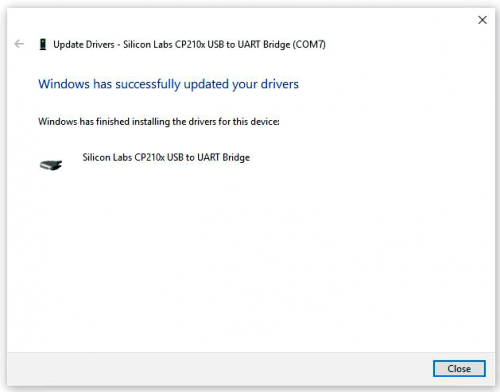
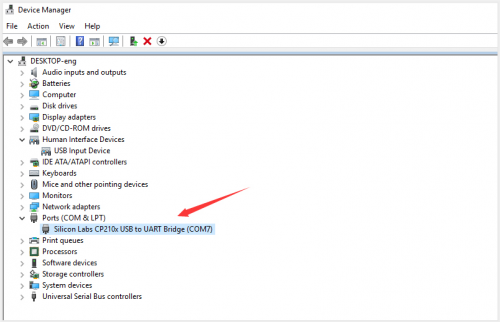
Arduino IDE Setting
To avoid the errors when uploading the program to the board, you need to select the correct Arduino board that matches the board connected to your computer.
Then come back to the Arduino software, you should click Tools→Board, select the board. (as shown below)
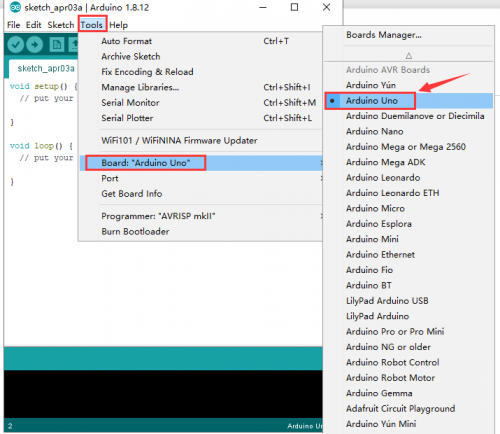
Then select the correct COM port (you can see the corresponding COM port after the driver is successfully installed)
Before uploading the program to the board, let’s demonstrate the function of each symbol in the Arduino IDE toolbar.
A- Used to verify whether there is any compiling mistakes or not.
B- Used to upload the sketch to your Arduino board.
C- Used to create shortcut window of a new sketch.
D- Used to directly open an example sketch.
E- Used to save the sketch.
F- Used to send the serial data received from board to the serial monitor.
Start your first program
Open the file to select Example, choose BLINK from BASIC, as shown below:
Set board and COM port, the corresponding board and COM port are shown on the lower right of IDE.
Click ![]() to start compiling the program, check errors.
to start compiling the program, check errors.
Click ![]() to upload the program, upload successfully.
to upload the program, upload successfully.
Upload the program successfully, the onboard LED lights on for 1s, lights off for 1s. Congratulation, you finish the first program.
6.How to Add a Library?
(1)What are Libraries ?
Libraries are a collection of code that makes it easy for you to connect to a sensor,display, module, etc.
For example, the built-in LiquidCrystal library helps talk to LCD displays. There are hundreds of additional libraries available on the Internet for download.
Step 2: Enter it to find out libraries folder, this folder is the library file of Arduino.
The built-in libraries and some of these additional libraries are listed in the reference.
(2)How to Install a Library ?
Here we will introduce the most simple way for you to add libraries .
Step 1:After downloading well the Arduino IDE, you can right-click the icon of Arduino IDE.
Find the option "Open file location" shown as below:
Step 2: Enter it to find out libraries folder, this folder is the library file of Arduino.
Step 3: Next to find out the“libraries” folder of 4DOF robot arm smart car (seen in the link: https://fs.keyestudiocom/KS0523), you just need to replicate and paste it into the libraries folder of Arduino IDE.
Copy the above libraries into libraries folder of Arduino.
Then the libraries of robot arm car are installed successfully, as shown below:
Projects
More details, please enter the following link:
